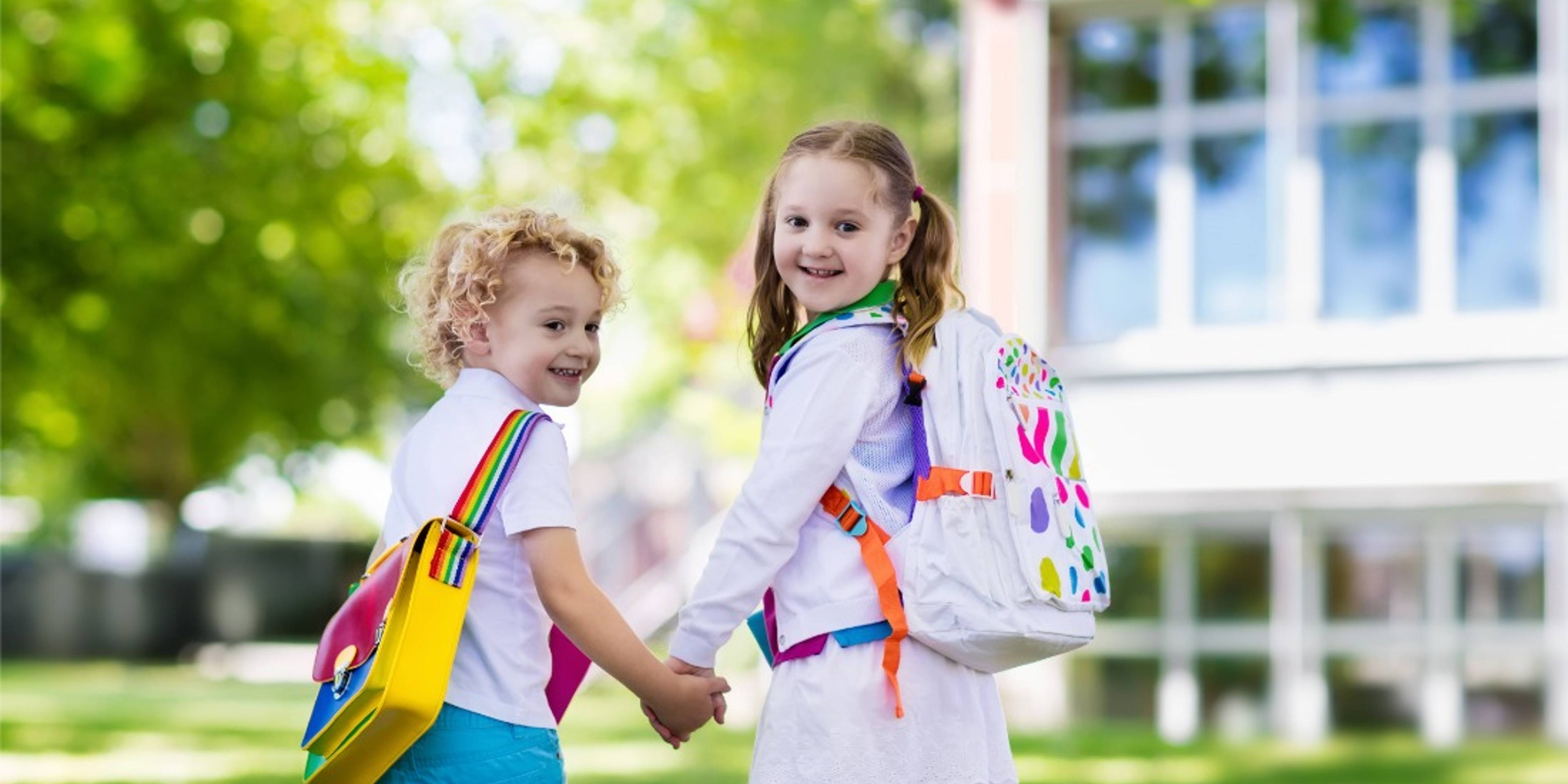September 16, 2024
How do young children’s relationships with parents and teachers impact their adjustment to school?
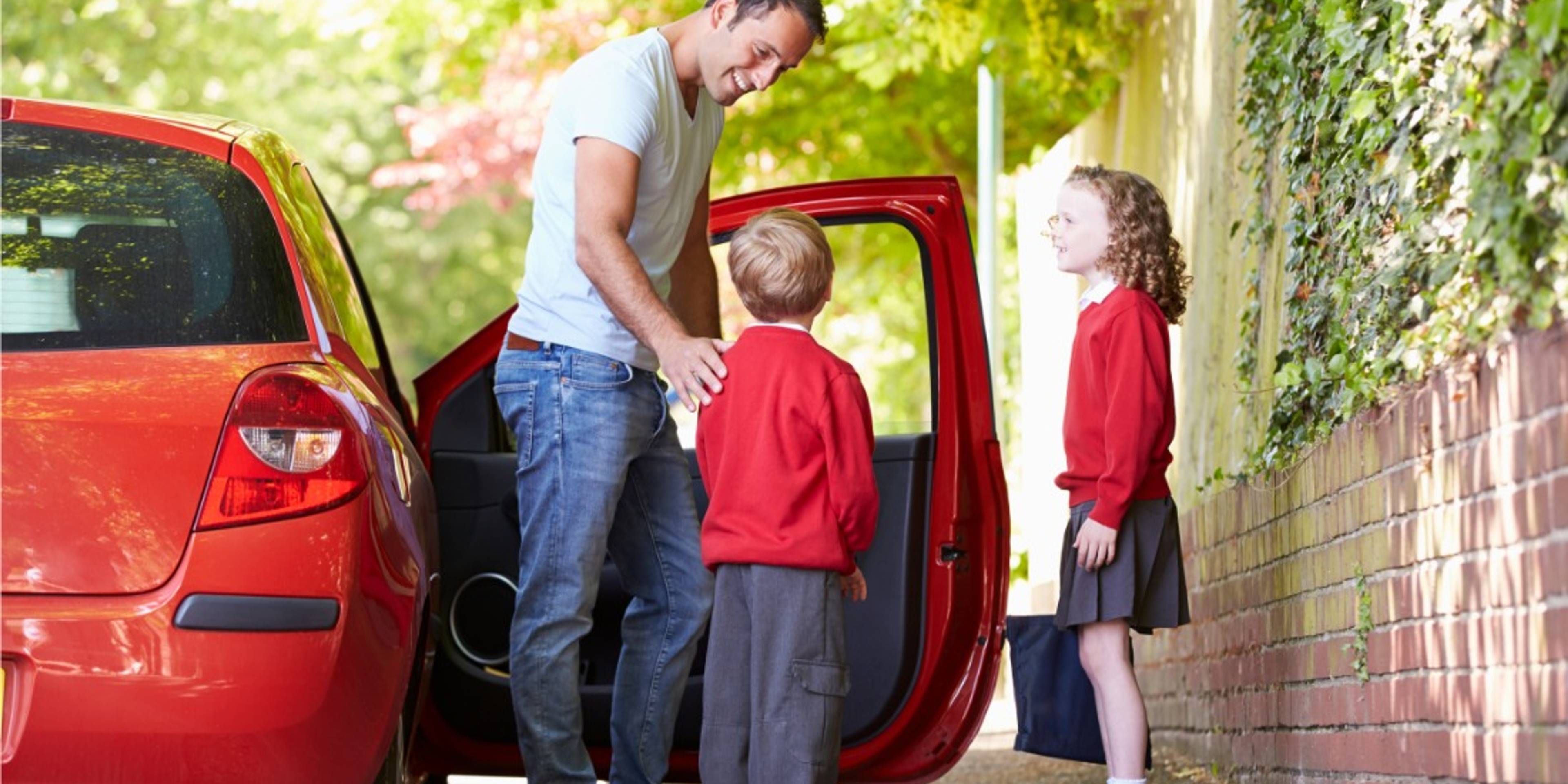
We already know that children's relationships with their parents and teachers contribute to their school adjustment and achievement, and that positive, close relationships with adults are really important for a wide variety of children’s outcomes. However, few studies have examined interactions between these relationships or sought to address the nuances of children’s experiences in terms of how different relationships have different impact or influence.
To address this, along with colleagues, our new Researcher of the Month, Dr Caoimhe Dempsey, has recently published an article which aims to examine the links between children's relationships with their mothers, fathers and teachers, and three domains of school adjustment: academic achievement, academic self-concept and behavioural adjustment in the classroom. By examining a range of data, the researchers sought to find out whether some children are more susceptible to the effects of the quality of their relationship with their teacher.
Summary
"Teacher-child relationships in the first years of school have the potential to alter pre-existing influences and set the stage for future teacher-child relationships. Early school classrooms and curriculum should acknowledge this and prioritise fostering positive teacher-child relationships."
The research uses data from the Growing Up in Ireland study. This is a nationally representative, longitudinal study of approximately 7000 children in Ireland, which has been running for over 20 years. In the study, Dr Dempsey examined the quality of child-adult relationships at ages three and five, and teachers' reports of children's behavioural adjustment and academic achievement when they were nine years old.
Data from the Growing Up in Ireland study is unusual as it uses a multi-informant approach. Whilst, due to time and resource contraints, most studies only interview one parent (and generally this is mothers) the Growing Up in Ireland study gathers data from more than one parent in each family, including both mothers and fathers. Data was also gathered via interviews and questionnaires from teachers, headteachers and children themselves.
Whilst effect sizes were not large, after controlling for numerous variables, the study concluded that positive relationships between adults and young children impact on all elements of their school experiences and on all of the dimensions examined; academic, social, emotional and behavioural outcomes. The team found that teachers can shape and shift children's future trajectories and outcomes when they have a close and positive relationships, but that they have particular impact for some children.
The study suggests that children's initial teacher relationships interact with the effects of existing conflictual or problematic relationships with their mother. For children who lack an element of closeness or stability in their relationship with their mum, forming an intimate bond with a teacher when they start school can make a positive and significant difference to their school adjustment, and a close teacher relationship appears to compensate for the risks of low mother-child closeness. For children with strong, supportive relationships at home, teachers were not found to make such significant difference, as the trajectories for these children generally tend to be good already.
However, findings were not the same for dads! Children with a conflictual relationship with their father did not see these beneficial changes from a close relationship with their teacher, and the negative effects of the relationship with their fathers lasted into middle childhood, regardless of positive work happening at school. The current study provides first evidence of the longevity of the independent effect of father relationships through to middle childhood.
The reason for this difference requires further research. Dr Dempsey and co-authors posit that it could be linked to the fact that, in Ireland, a higher proportion of primary school teachers are female (85.8%), class sizes are small (which may mean teachers take on a more maternal role) or, compared with fathers, mothers may adopt a style of interacting with children that is more similar to teachers. For example, mothers traditionally spend more time fulfilling childcare duties, which may be more akin to the duties of a primary school teachers, whereas fathers engage in more unique play activities.
The study also suggests a "ceiling effect for adult-child closeness". Experiencing one close adult relationship was found to support children's behavioural adjustment and reading achievement. Interestingly, the additional benefit of a second close adult-relationship is limited; children who experience close relationships with both mothers and teachers show comparable outcomes at age nine to children with one close maternal relationship.
Implications
Implications for schools
"Teachers' influence can either provide a close relationship that mitigates earlier risk or expose children to conflict that pushes them past the point of resilience with their prior risk factors. These findings suggest that schools should focus their attention on identifying children exposed to higher relational risk and invest in forming positive teacher-child relationships with vulnerable children at school entry."
Bring parents in. Schools should give specific consideration to hard to reach families and think about strategies that might help to break down potential emotional barriers to school involvement. Opening up breakfast clubs to parents or having teachers or the head teacher welcoming families at the school gate can make school seem a much less scary or daunting place. Strategies like this can facilitate the formation of relationships with the whole families and create an ethos of inclusivity.
Engage with all parents. Ensure that all school information is sent to all people with parental / caring responsibilities and try - where there is a father - to keep them involved.
Get off on the right foot. Try to ensure that your first interactions with children get things off to a good start. This is especially important if children have behavioural challenges or relational difficulties.
Recognise individual differences in conversational styles. Some children will be very sociable, whilst others will be more reluctant. Listen actively and tap into what will bring out the best in each individual.
Confront any unconscious biases that you may have. We all have a tendency to interact more with ‘people like us’. Be aware of which children you might talk to more than others and consider whether all the children in your class receive individual attention. Ensure that every pupil feels equally valued in the classroom. It may be that having had the benefit of positive family experiences and role models, children coming from stable home environments are better able to interact with teachers. Because interactions with these children may feel smoother, tt can be easy to give them more time and attention.
Remember that children really value strong relationships. At this young age, when asked about their school experiences, children focus largely on their relationships with their friends and their teachers. Children tend to place more importance on these bonds than adults, who are often more caught up in academic learning.
Read lots more evidence-based tips in Dr Dempsey's new book. The Psychology of Starting School, which Dr Dempsey co-wrote with Professor Claire Hughes and Dr Elian Fink contains a vast quantity of actionable and clear advice for teachers to help children adjust well to the school environment.
Implications for parents
“Parents should make sure that they are filling their own buckets and that they have their own sources of social support, so that they are not just giving the whole time. It's very hard to come home with all the energy in the world to be the best parent that you can if you don’t have an independent outlet from all these things yourself.”
Remember that starting school can feel overwhelming for children. School is a very stimulating environment. Children are away from the safety zone of home, are mixing with new children in potentially larger classes, have a new teacher and will be doing different activities to those that they’ve done before.
Preparation is key. Mentally prepare young children for school routines by reducing the amount of new experiences they will have at once. Practise things before they start. Get them to put on their uniform and change into their PE kit. Try out the journey to school and talk about the route that you might take. Try to arrange playdates with some of the children who will be in their class so that they can begin to make friends or at least recognise some familiar faces.
Accept that settling in takes time. Whilst some children will take to school immediately, others will find it more challenging. Parents should recognise that their child’s behaviour might be different or challenging at home, and this is ok! They are likely to be tired, and may well be grumpy and hungry when they return home after a long day at school. Be patient.
Be aware of your own anxieties and emotions. Parental emotions and worries can negatively impact on children’s feelings. It’s best to be mindful of how we talk about the move to school and how things that we say might impact positively or negatively on our children.
Don’t make assumptions. Dr Dempsey was recently involved in a study which asked young children how they felt about school. They then asked those children’s parents the same question. For the first year of children’s schooling, the views of parents and children didn’t align, and parents were largely unaware of children’s real feelings. The study found that children often report negatives from their day (falling over in the playground, for example), rather than the great time that they had in the sand area.
Don’t bombard children with questions as soon as they get home. Remember that different children need different things. Some will need to run around in the park. Others will need to chill out. Daily routines might need adapting. Attune to their needs.
Ensure that you have your own sources of support. When children start school, life changes for parents too. Sources of social support might change. Some families may find themselves without the levels of help that they really need and they may feel more stressed or irritable. To help maintain harmony at home, try to maintain your own interests and relationships. Remember that you are important too!
Tooled Up members can access a huge range of resources designed to support school transition for different ages and stages. Check them out here.
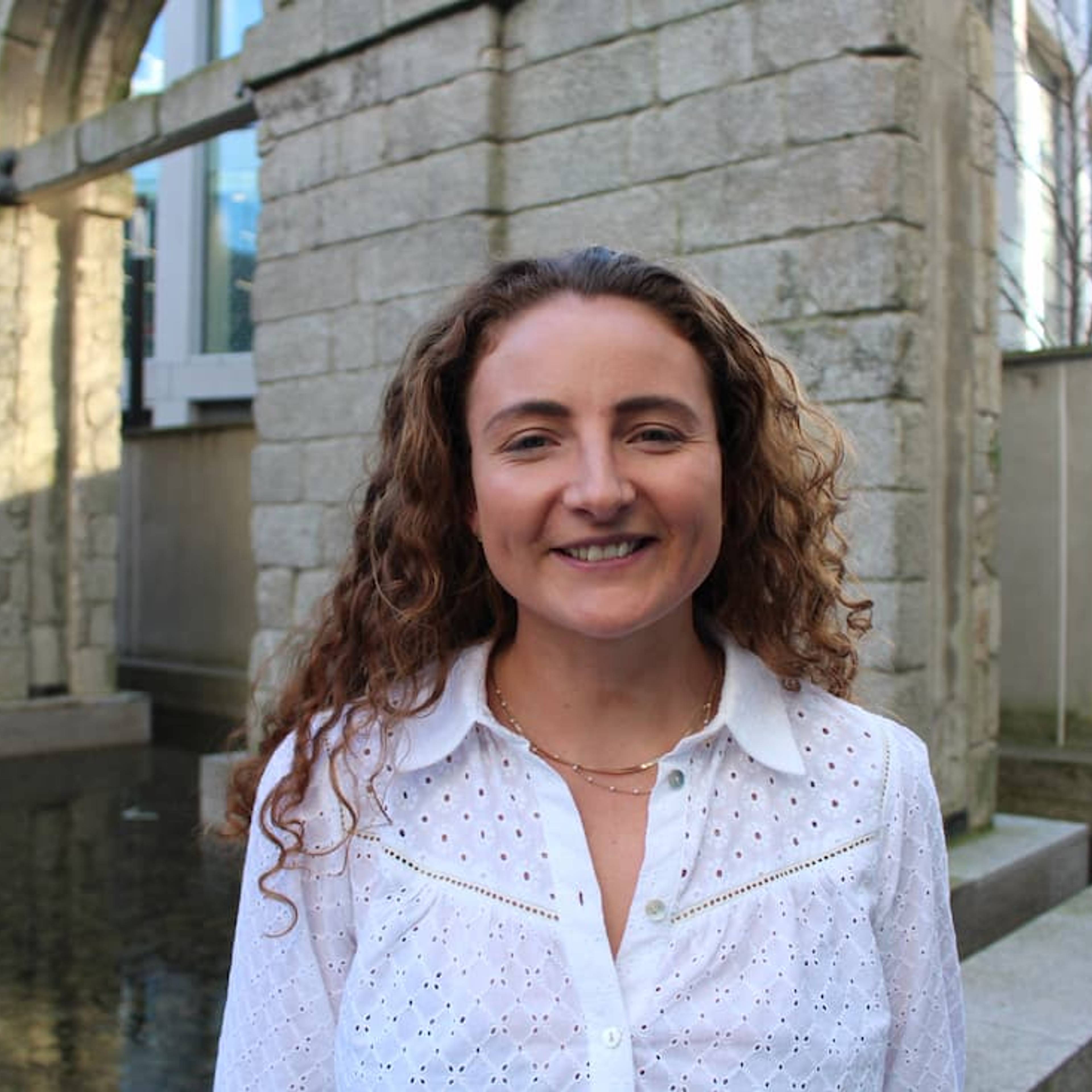
Dr Caoimhe Dempsey
Postdoctoral Research Fellow, Economic and Social Research Institute
Dr Caoimhe Dempsey is a postdoctoral researcher in Education at the Economic and Social Research Institute in Ireland. Her research examines child, family and school factors that influence children's adjustment and school experiences. Dr Dempsey's work bridges the fields of developmental and educational psychology and aims to provide tangible policy and practice implications. She holds a PhD and MRes in Developmental Psychology from the University of Cambridge and a Ba in Psychology from Trinity College Dublin. She has recently co-authored a book with Professor Claire Hughes and Dr Elian Fink called The Psychology of Starting School: An Evidence-Based Guide for Parents and Teachers.
Dr Caoimhe Dempsey
Postdoctoral Research Fellow, Economic and Social Research Institute
Related Resources
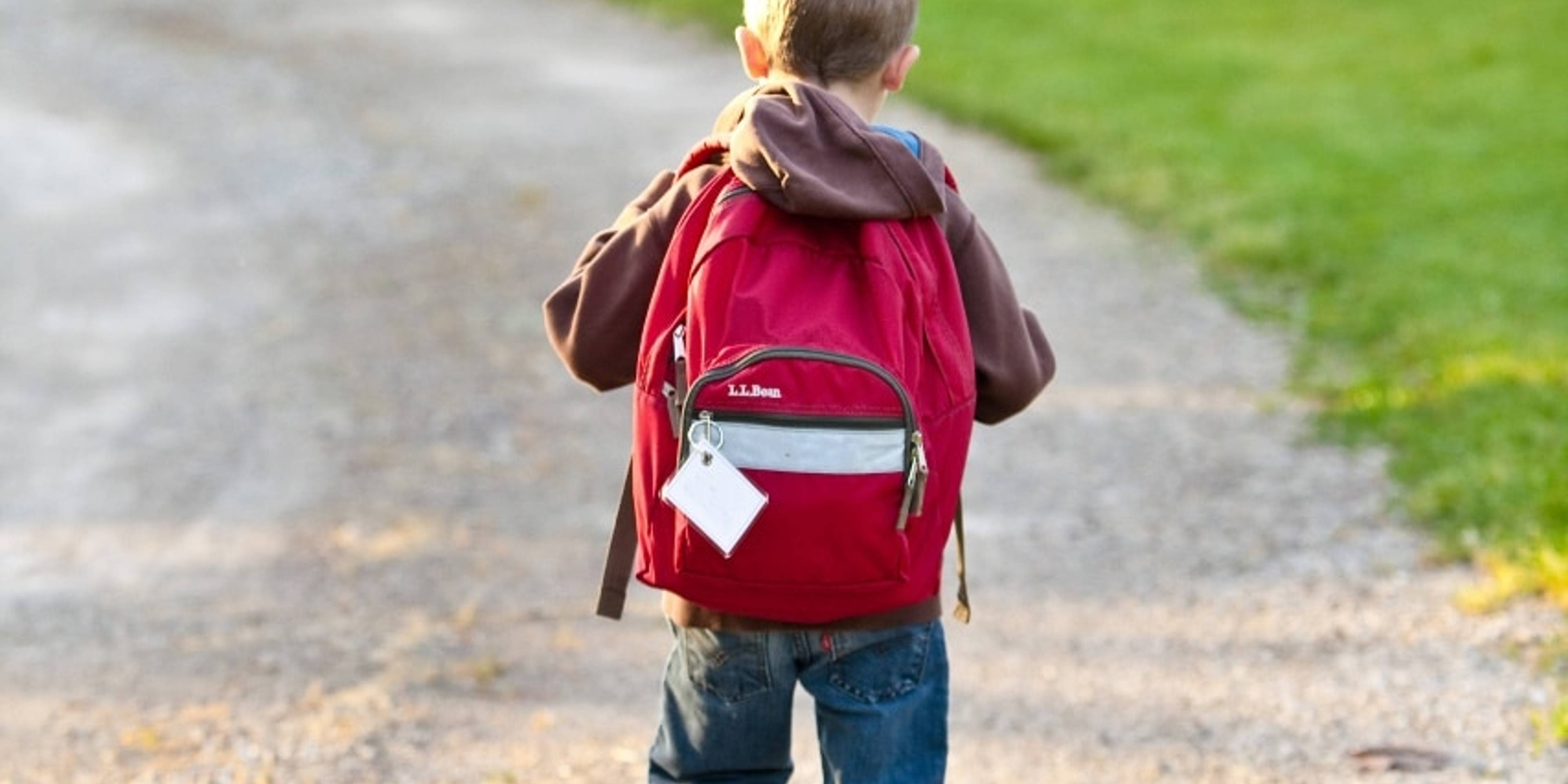
20 Books About Starting School
Scroll our research gallery

Mar 17, 2025
Fostering a school culture against bullying: the KiVa Programme
Bullying is an extremely important public mental health risk. Around one in five primary school children report being bullied at least weekly. Children who are bullied are more likely to experience depression and anxiety, and are at heightened risk of mental health issues in adolescence and adulthood. Whilst schools in England and Wales are required to have anti-bullying policies, rates of bullying remain high. Bullying is preventable, but schools need more help to tackle it. Typically, school policies focus on how to handle bullying once it happens. However, evidence suggests that a comprehensive approach involving the entire school to prevent bullying, alongside clear strategies for addressing confirmed cases, is the most effective way to tackle the issue. KiVa is one such whole-school approach, developed in Finland by Professor Christina Samivalli. A large study in Finland which involved 28,000 primary school pupils found that adopting the KiVa programme in Finnish schools significantly reduced bullying and improved children's mental wellbeing. The programme has since been rolled out nationally by the Finnish government and ongoing use of KiVa in Finnish schools is associated with year-on-year incremental reductions in bullying. Along with colleagues, our researcher of the month, Professor Judy Hutchings OBE, has tested the effectiveness of the KiVa Programme in UK primary schools. The study involved over 11,000 children in Wales, Birmingham, Oxfordshire and Devon, and showed a 13% reduction in reported rates of bullying when compared with existing school approaches to tackle bullying.
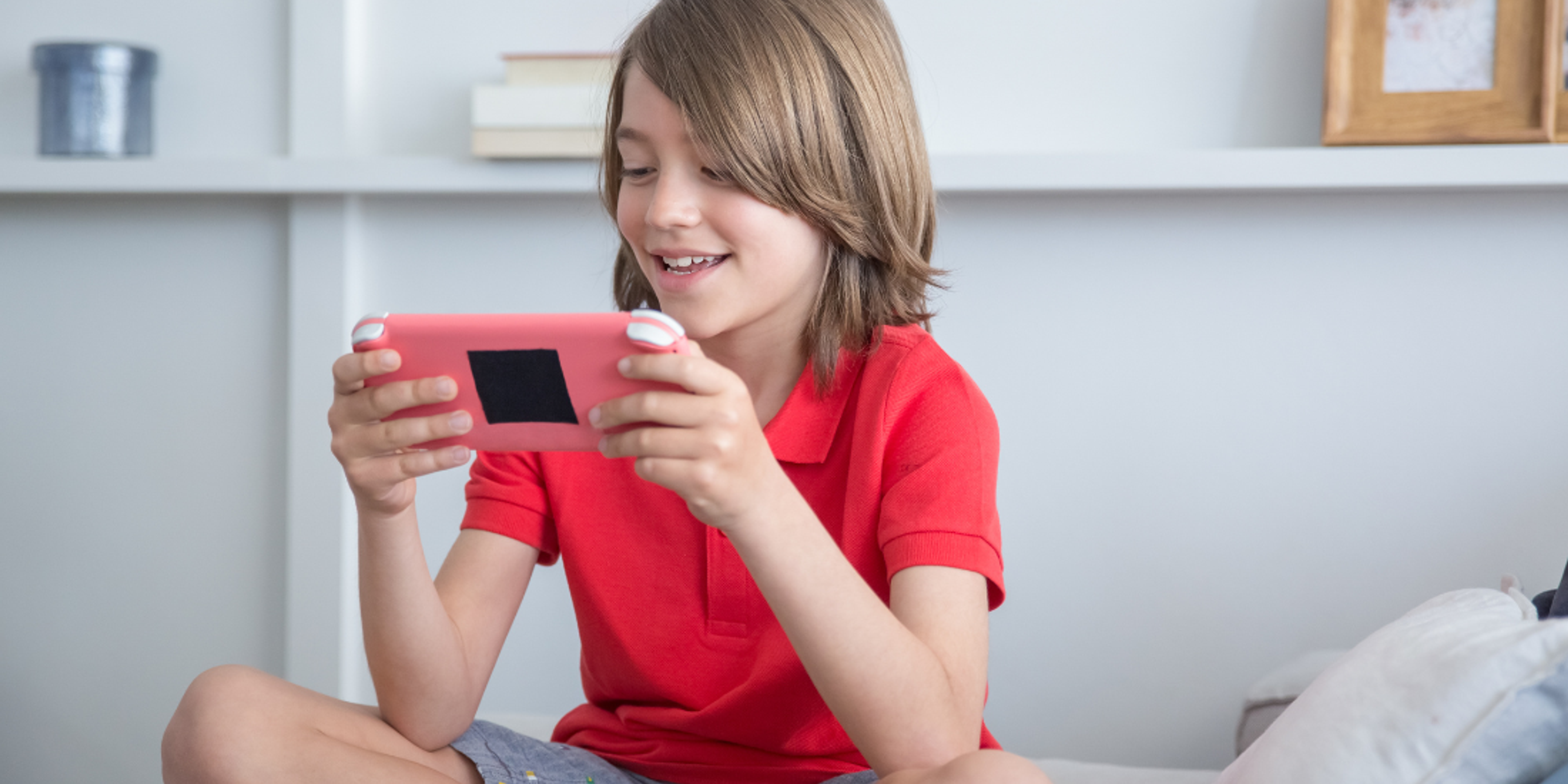
Feb 12, 2025
When is the right age? Searching for age-appropriate ways to support children's online lives
Currently, children's and young people’s use of digital technology is rarely out of the news. Age limits are debated. Calls for stronger limits are made, and questions are raised regarding whether society should ban 'under-age' children from various aspects of the digital world. 13 years of age is often cited as a digital 'age of consent', though this varies in some countries. Commonly used age limits are largely arbitrary, based primarily on US legislation, rather than evidence. In a recent paper, our researcher of the month, Dr Kim Sylwander, and her co-author Professor Sonia Livingstone, consider age milestones and evaluate whether or not the evidence supports them. Are age limits the optimal way to regulate children’s digital experiences? Does it matter that they are widely contested and often poorly implemented? And are common boundaries even the “right” age, according to evidence from the field of children and digital media? Dr Sylwander persuasively argues that moving forward, a developmental approach can better support children’s rights.
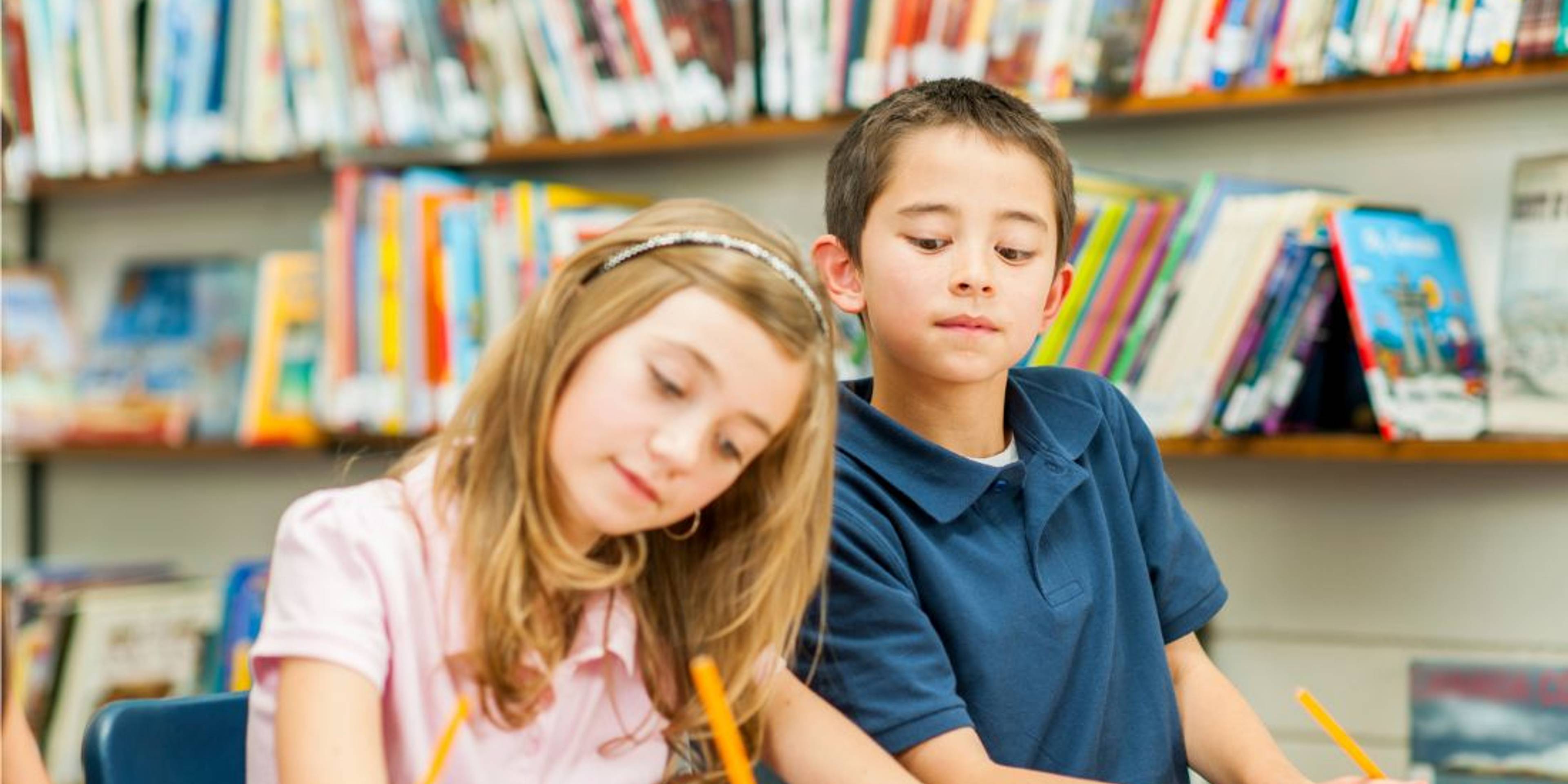
Jan 14, 2025
Showing faith and trust in children nurtures integrity
A new study which explores the development of trust and integrity in children has found that expressing trust in young children encourages them to behave honesty. The research team, including our researcher of the month, Professor Li Zhao, studied whether children were less likely to cheat in a simple test of counting accuracy if the adult administering the test had previously conveyed trust in them. They found that children who were trusted cheated less than those who were not trusted. These findings provide novel evidence about the causal effect of trust on the development of children's honesty.

Dec 17, 2024
Intrinsic reward and word learning
From infancy onwards, humans display an innate motivation to acquire language and to communicate. We start acquiring words as babies and continue to do so throughout our lives. In fact, children are thought to learn over 3000 new words each year. However, relatively little work has focused on why we are motivated to learn words, particularly when it comes to adolescents. Adolescence is a period of great neurological change and sensitivity to learning. It's also marked by changes in reading behaviours. Whilst children become skilled readers between the ages of 10 and 18, this period is also associated with motivational changes in reading, with teens frequently showing a disinclination to read for pleasure. This change often coincides with the transition from primary to secondary school. Policy makers are keen to motivate adolescents to read for pleasure, arguing that it would improve not just literacy outcomes, but also result in substantial economic and societal benefit. Recent research has shown that adults find learning words to be intrinsically rewarding, and that this intrinsic reward facilitates the entrance of new words into long-term memory. Our researchers of the month, Professor Saloni Krishnan and Professor Pablo Ripollés, set out to establish whether the same is true for children and teens.

Nov 14, 2024
Delivering effective menstrual education
Research has shown that menstruation and menstrual cycle symptoms can be disruptive and detrimental to physical, mental and social wellbeing. As many as 93% of teen girls experience dysmenorrhea (severe cramps) and girls with a typical cycle experience 11 menstrual cycle-related symptoms on average, potentially including mood changes, stomach cramps and increased levels of anxiety and fatigue. Adolescents with problematic symptoms have reported a negative impact on school attendance, behaviour, confidence around peers and participation in physical activity. In the United Kingdom, evidence suggests that menstrual health education delivered by teachers generally focuses on menstrual cycle biology, as opposed to management of menstruation and menstrual cycle related symptoms. Our latest researcher of the month, Dr Natalie Brown, set out to understand young people’s perceptions of menstrual education in schools and their experiences of menstruating whilst at school, including within physical education. Her study involved nine focus groups with 10-15 year old female pupils attending primary and secondary schools across England and Wales. Pupils highlighted that, in their experience, menstrual education is limited and noted that the menstrual cycle impacts negatively on their school experience, affecting participation in sport and school attendance generally. Participants highlighted a need for more support and information regarding understanding and managing periods in school.

Oct 17, 2024
How influential is social media on young people's mental health?
A significant body of evidence tells us that young people's mental health has decreased over time, and a potential link between social media use and this mental health decline has triggered wide interest and concern. Research into social media use and mental health is being conducted at a rapid pace but, so far, findings are far from conclusive. Our new Researcher of the Month, Dr Margarita Panayiotou, adds to this body of work. She led a team of researchers who recently published a study involving thousands of young people in the UK. It set out to explore the interplay between social media use and teens' mental health, wellbeing and social life, and found that when considering the complex combination of multiple factors, things such as a lack of family support are arguably more important for adolescent mental health than social media use.

Aug 19, 2024
Supporting children's transition to secondary school
Supporting children to successfully transition from primary to secondary or senior school is vitally important. It's a big life change, which can leave both parents and children feeling excited and nervous in equal measure. At Tooled Up, we often use the analogy of a journey for the transitional experience. In fact, anyone who has attended or watched a talk with our founder, Dr Kathy Weston, is likely to have heard her say that we'd all want our children to be well prepared for any journey they go on, and that, as loving parents and carers, we wouldn't dream of sending them off on any journey without the right equipment, mindset and strategies to reach their destination safely and securely. Transition to a new school is no different. Research shows that there are numerous holistic protective factors that can help to ease transition. Conversely, it's also the case that problems with successfully transitioning to secondary school and subsequent lower levels of school connectedness are associated with lower education outcomes, school drop-out, higher levels of depression and anxiety, and increased involvement in criminal, violent and antisocial behaviour. Research also shows that these difficulties may not be equal across different socio-demographic variables, with children from underserved communities (including those from minority ethnic backgrounds and lower socio-economic status) and children with behavioural difficulties facing greater challenges during the transition to secondary school. It's therefore important for all parents and educators to consider how to make this transition as seamless as possible. Along with her co-authors, our Researcher of the Month, Dr Aurelie Lange, has published a new paper which evaluates the efficacy of a new UK-based online intervention called Level Up. In it, Dr Lange seeks to explore families' experiences of facilitators and barriers to engagement and change.

Jul 15, 2024
The impact of digital experiences on teens with mental health vulnerabilities
Over the last decade, digital developments have led to major changes in the ways that teens learn, work, play and interact with others. Digital access is a daily reality for most children and young people. Nine in 10 children in the UK now own a smartphone by the time they reach the age of 11, and the large majority of children aged 11 now use social media (78%) and have a social media profile (72%), despite being younger than the minimum age requirement for many platforms. By the time teens are 17 years old, 97% will use social media. Coincident with this change, adolescent mental health problems have also increased in prevalence. It is therefore no surprise that much research has focused on the relationship between digital experiences and adolescent mental health. However, comparatively few studies have directly compared the experiences of teens with mental health conditions meaning that some key questions remain unanswered. Do adolescents with pre‐existing mental health conditions differ in terms of why and how they engage with the digital world compared to peers without such difficulties? Are specific mental health conditions linked to different patterns of digital usage? What role do such differences play in the development and escalation of these conditions? In a recent paper, our Researcher of the Month, Dr Kasia Kostyrka-Allchorne, and her colleagues, explore what the evidence shows about the digital experiences of teens with mental health vulnerabilities.
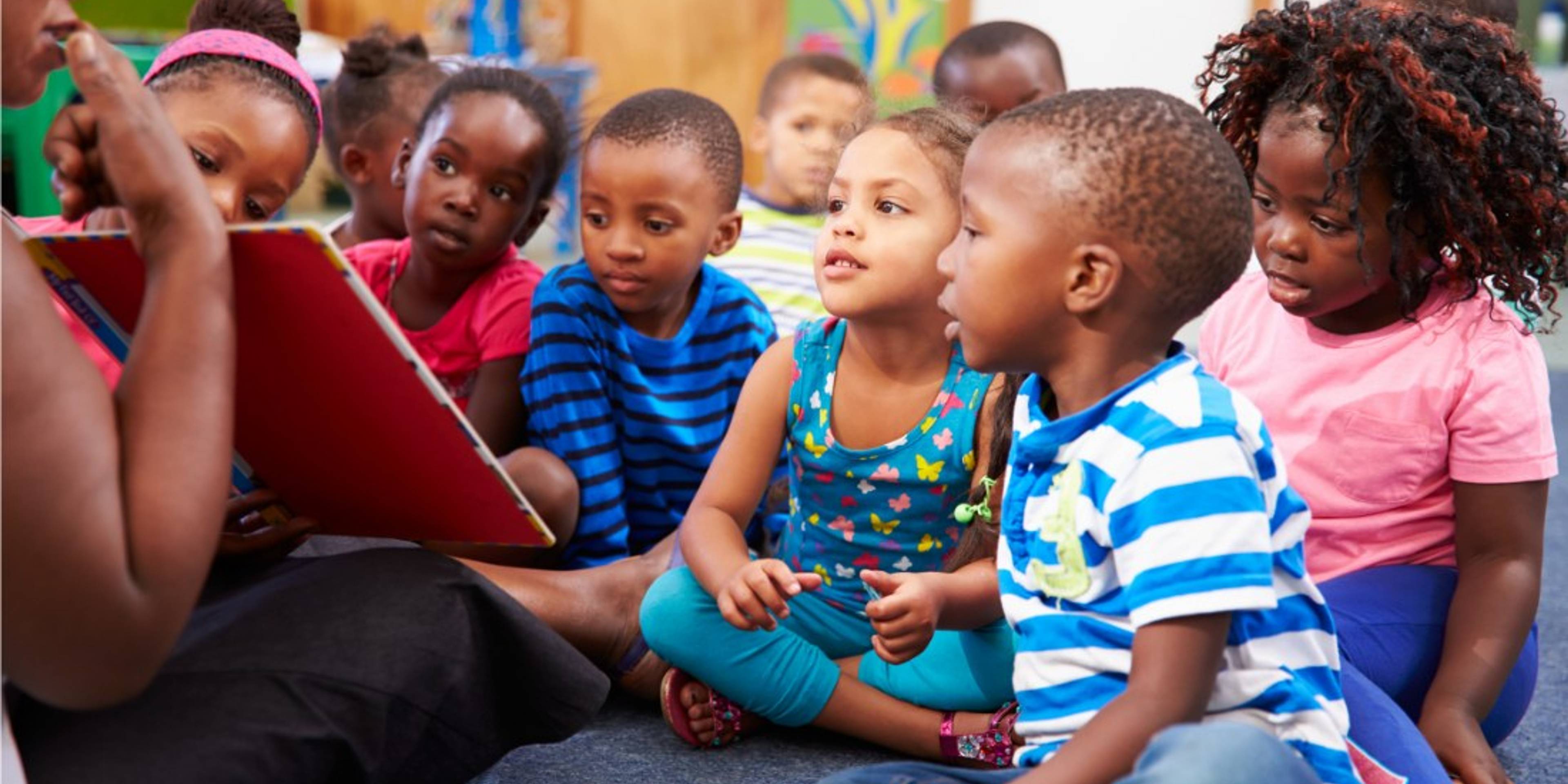
Jun 13, 2024
NELI Preschool: a new oral language enrichment programme for preschools and nurseries
Oral language skills provide the foundation for formal education, yet many children enter school with language weaknesses. Oral language is fundamental to children’s overall development and educational success. It is linked to all higher level cognitive skills and is pivotal for literacy development, and education more generally. It’s also vitally important for children’s social and emotional development. The term oral language refers to a complex set of skills that should ideally work seamlessly together to enable children to communicate with others by producing and understanding language. It’s an umbrella term, encompassing numerous component skills which include having a good vocabulary and the grammatical ability to combine words effectively to convey meaning, along with an understanding of cause and effect, memory skills and the ability to plan what to say and what not to say. Language skills develop rapidly between the ages of 3–6 years making preschool an excellent time to intervene to support language development. Because of this, Dr Gill West and her colleagues – as part of a team headed by Professor Charles Hulme – have developed and evaluated the efficacy of a new language enrichment programme, the Nuffield Early Language Intervention—Preschool (NELI Preschool), which is delivered to children the year before they enter formal education. The programme combines language enrichment for all children, with additional targeted support for those with language needs, potentially narrowing the gap in language skills associated with social disadvantage.

May 16, 2024
"More is more”: the impact of careers education on later outcomes
Does school-based careers education, advice, information and guidance (CEAIG) have any influence on later life outcomes? A body of research has shown that careers education and activities can play an important role in helping young people to prepare for and navigate transitions into the world of work. It has also shown that the quality and quantity of provision can vary considerably, with those who are most socially disadvantaged experiencing the least and lowest quality provision. However, until now, the impact of careers education on later life outcomes has remained unclear. A new paper written by Dr Julie Moote and colleagues seeks to find out what relationship there is between young people’s perceptions of the quality and quantity of school-based careers activities and education experienced at the age of 14–16 and their outcomes several years later, when they are 21–22. Findings are discussed in the light of recent legislation relating to careers support in England, which highlights how important it is to ensure that the needs of all young people transitioning into the workforce and adulthood are met.

